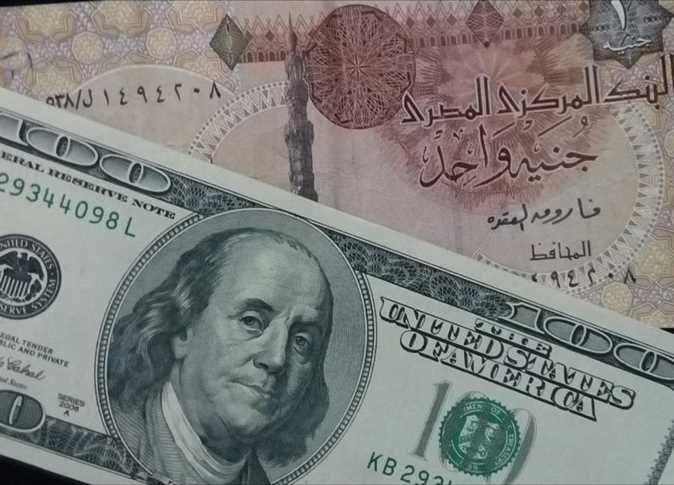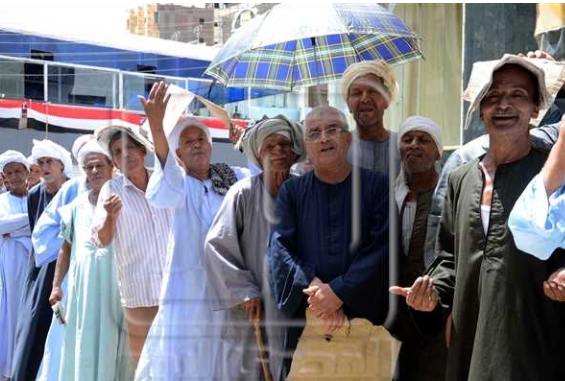
The Rapporteur of the National Dialogue Investment Committee Samir Sabry explained that Egypt’s debt swap agreement with China will see Egypt benefiting from new and renewable energy projects, developing technical education, and projects that will have a direct impact on the health and transportation sectors.
During a phone call with CBC channel, Sabry said that these sectors will benefit from the debt swap agreement in the form of investments, not loans, and on the other hand there will be Chinese companies that benefit by entering as foreign direct investors – regardless of what happens in the Middle East.
Debt swaps are a new tool used globally within sustainable development, he added.
Coming on the sidelines of Egypt’s participation in the Belt and Road Forum last weekend, the Ministry of International Cooperation signed a memorandum of understanding in the field of debt swaps with the Chinese International Development Cooperation Agency, making Egypt the first country to conclude this agreement with the agency.
The Chairman of the Executive Board of Trustees of the Egyptian-Chinese Businessmen Foundation Maged al-Manzalawy, said that signing the debt swap agreement between Egypt and China contributes to relieving pressure on Cairo’s commitment to repay short-term debts by directing part of the eight billion dollar debt owed to China to finance development projects in local currency.
He explained that this contributes to increasing the growth rate of the Egyptian economy and reducing pressure on the dollar to pay international obligations during the next three years.
Egypt faces a challenge in paying installments and interests on huge debts in the short term, he said, which requires it to increase its foreign exchange resources and search for alternatives with development partners to support it in overcoming this challenge.




